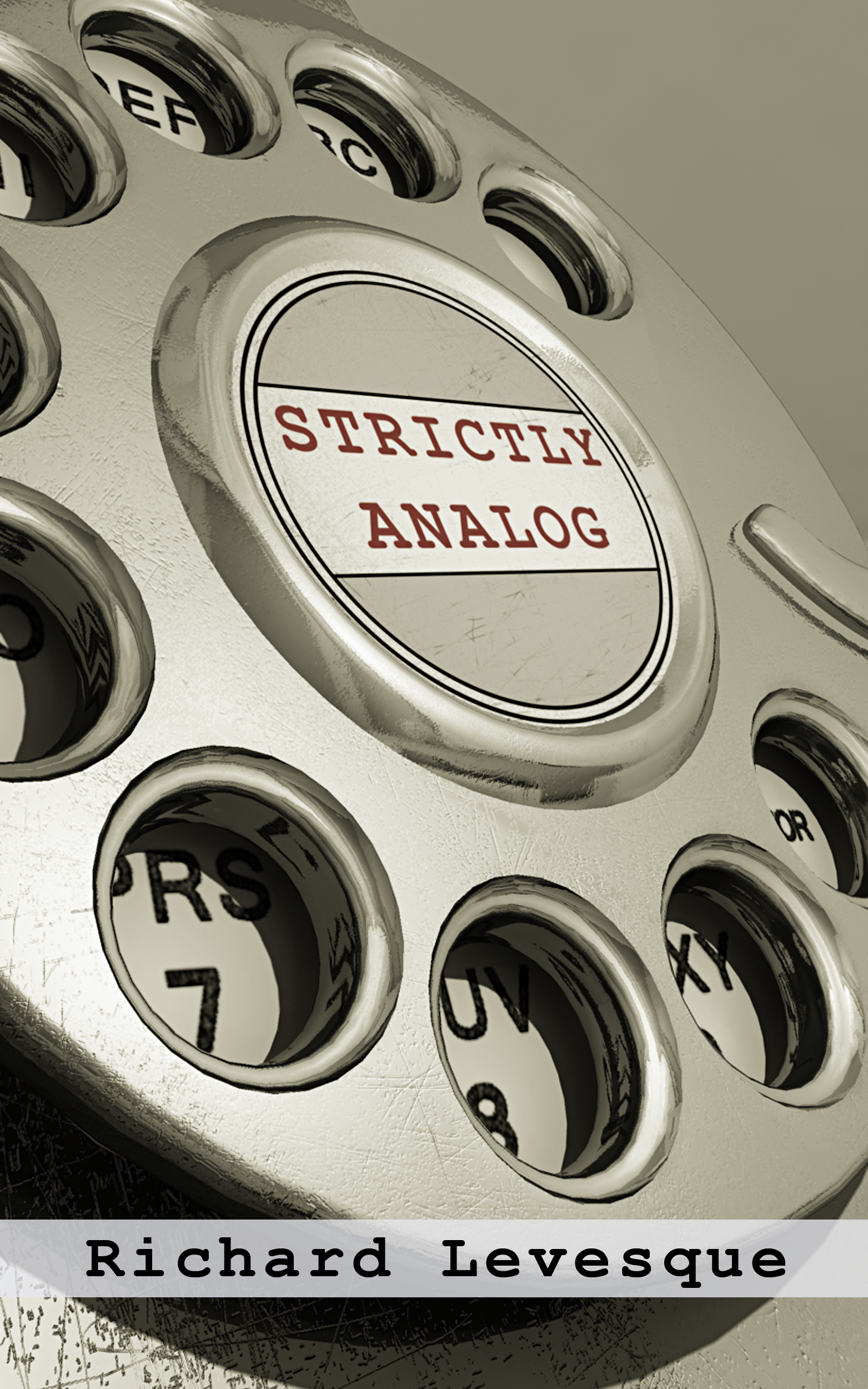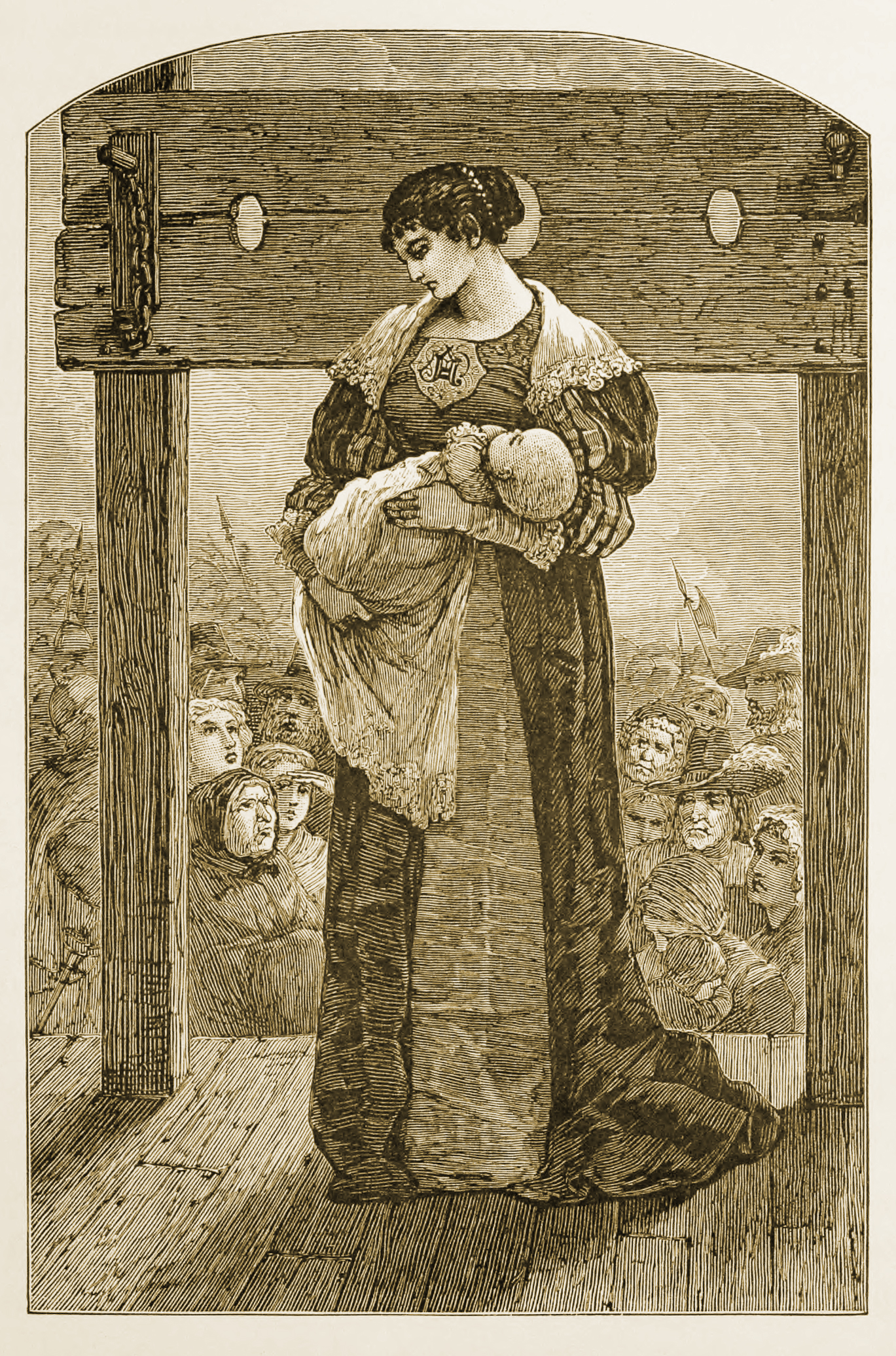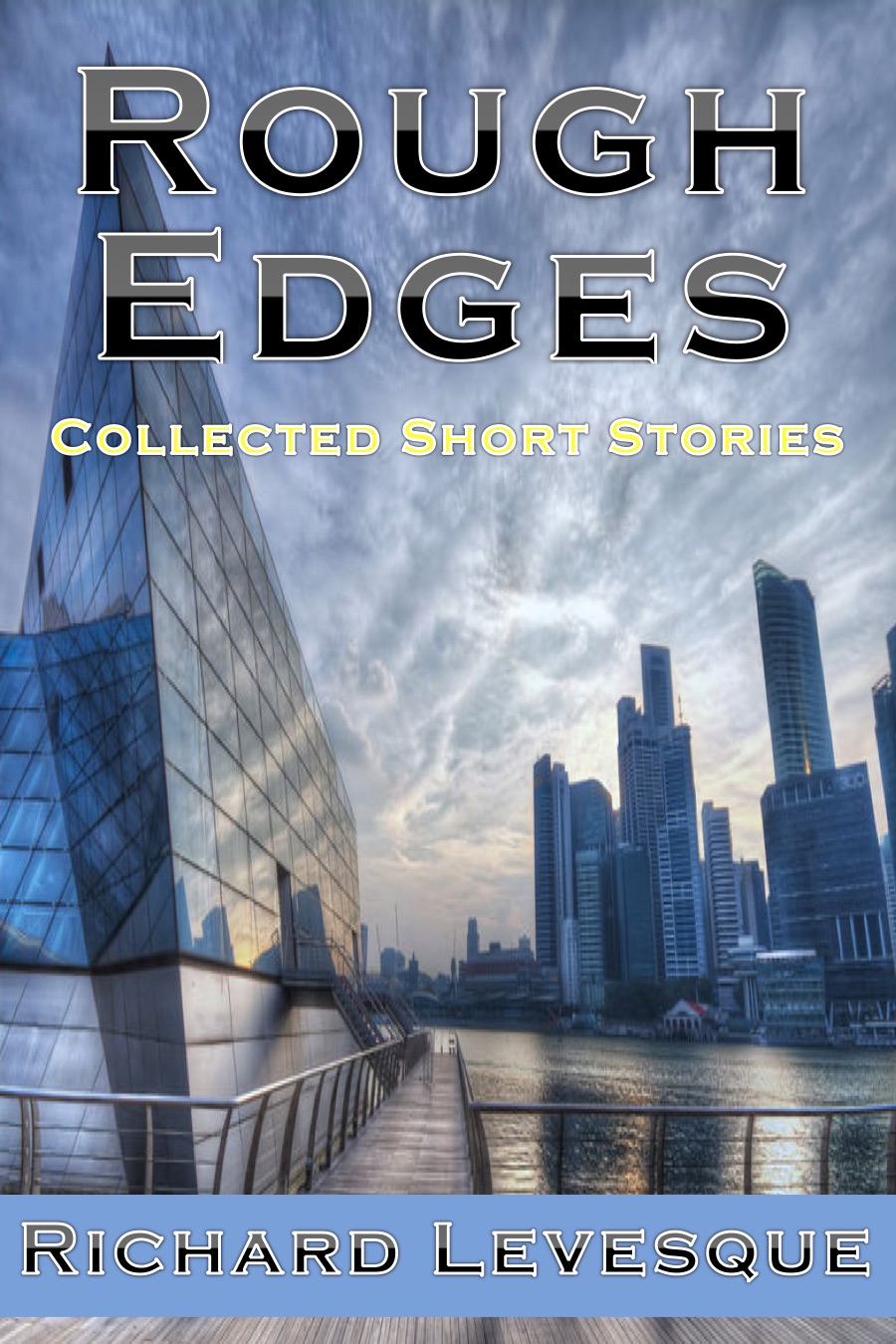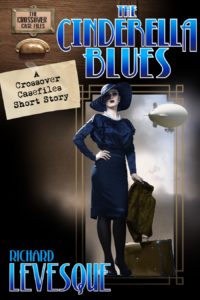Praise for Indie Writers: A Double-Edged Sword?
Recently, a reader posted a very nice review of Strictly Analog
at Amazon, commenting on how the book had a tighter plot than most indie novels and that it was better than most books published by the Big 5 publishers.
 What remarkable praise. It feels great to read something like that about one of my books. It’s validating, a solid push of the pendulum in the right direction, countering the doubt that used to be inspired by rejections from agents and editors. I am incredibly grateful for every person who’s bought our borrowed or downloaded one of my books, and even more grateful to those who take the time to post their reviews on Amazon and elsewhere.
What remarkable praise. It feels great to read something like that about one of my books. It’s validating, a solid push of the pendulum in the right direction, countering the doubt that used to be inspired by rejections from agents and editors. I am incredibly grateful for every person who’s bought our borrowed or downloaded one of my books, and even more grateful to those who take the time to post their reviews on Amazon and elsewhere.
This isn’t the first time one of my books has received this particular kind of praise–that it’s stronger than a lot of other indie efforts, that the reader was surprised a book this good was self-published, that the reader has bumped up against a lot of traditionally published books that aren’t this good, that the reader is surprised an agent or publisher hasn’t scooped me up yet.
Again, all amazing, ego-boosting things to read, and I’m extremely flattered that people think this about my work.
But comments of that last type also cut just a bit….mainly because of the years I spent trying to get a traditional publishing deal.
I know what the naysayers will add at this point. “Be glad for your talent. Take the praise and shut up. Do you know how lucky you are to have people think this about your work?”
I get it. I do feel fortunate, and I’m not trying to undercut the praise, not in the least.
But another line of thinking runs like this: “You don’t want a traditional deal anyway. The publishers won’t put any effort into marketing. You’ll lose all control of your editing, your cover, your pricing…When the book sells poorly, it’ll be remaindered and go out of print. You’re better off going indie.”
I read a lot posts making similar claims about the “truth” of traditional publishing. With no firsthand knowledge, I haven’t got much to offer. I assume these kinds of statements are more than just sour grapes. I do know, however, that I spent something like twenty years trying to grab that particular brass ring, and it’s hard to let the quest go, to accept the idea that it wasn’t really brass or simply to be happy for the ones who did manage to snag it.
In spite of the naysayers, I can’t help feeling there’s a certain legitimizing factor involved when it comes to traditional publishing, a factor that’s being chipped away at, but it’s still there.
Sometimes when I look at descriptions of debut novels or read about publishers having bidding wars over an unknown writer’s manuscript, I can’t help but feel like Willy Loman in Death of a Salesman asking his ghostly, über successful brother Ben, “How’d you do it?” Of course, Ben never offers a concrete answer, and he is in some ways as tragic a figure as Willy, so they’re not the best couple of guys to be emulating.
I had the opportunity last fall to hear Corrine Jackson speak about publishing. She’s a YA author who’s enjoyed some of those moments I used to fantasize about–landing an agent who strongly believed in her, having a manuscript go on the auction block, being flown to Europe to meet with fans and foreign publishers, having her books translated, having her books in libraries, having lots and lots of fans.
She’s not a stand-in for Ben Loman–didn’t just give the equivalent of his speech about walking into the jungle at 17 and coming out rich four years later. No, she explained what she did and how she did it. The simple fact is that she wrote a good book that caught an agent’s attention, and the agent was talented and savvy enough to put the book in front of publishers who agreed that it was worth taking a risk on. And when they did, enough people read it and liked it, reviewed it and spread the word. Add to that the fact that she’s done a ton of work on social media, building her platform, hosting events. I admire her success; she deserves it, and I hope more follows.
So what did she have that I never did in those twenty years of chasing the same goal? What’s the magic bullet?
You might argue that the answer is luck, being in the right place at the right time. Maybe.
 Or you could argue that her books are better than mine. From a logical standpoint, this doesn’t make sense, as she’s doing YA and paranormal romance, where I’m doing SF and paranormal fantasy, some with a noir twist. So to say her books are better is sort of an apples-to-oranges thing. But, in another way, I’d say her books ARE better…from a marketing standpoint. Middle schools and libraries buy her novel If I Lie because of the way it parallels The Scarlet Letter. That’s perfect. And she noted in the talk I went to that her Sense Thieves series grew out of her desire to write a better book than the ones in the Twilight series, which it looks like she’s succeeded at.
Or you could argue that her books are better than mine. From a logical standpoint, this doesn’t make sense, as she’s doing YA and paranormal romance, where I’m doing SF and paranormal fantasy, some with a noir twist. So to say her books are better is sort of an apples-to-oranges thing. But, in another way, I’d say her books ARE better…from a marketing standpoint. Middle schools and libraries buy her novel If I Lie because of the way it parallels The Scarlet Letter. That’s perfect. And she noted in the talk I went to that her Sense Thieves series grew out of her desire to write a better book than the ones in the Twilight series, which it looks like she’s succeeded at.
As for me? I’m writing about time traveling pulp fiction writers, noir-style heroes transplanted into bizarre settings, a girl who survives the end of the world, and (Coming Soon!) a reluctant demon slayer. Good stuff? I think so, or I wouldn’t have bothered. Others think so (check out the 100 reviews for Take Back Tomorrow). But are they as marketable as if I’d written a series? As if I’d worked up a YA post-apocalyptic re-telling of Romeo and Juliet? (Actually, that doesn’t sound bad…)
Clearly, the answer is no.
So what am I left with? A lot of praise. A (growing) handful of people who like my work. And a looming summer in which I’ll be able to write another book. But what to write? Something marketable? It would be nice. If I were smart, I’d get to work on a sequel to The Girl at the End of the World, turn it into a series that could maybe get some legs under it. But the book that’s practically bursting from my head right now is of a different sort, about an alien researcher who gets stranded in 1922 Hollywood and has no choice but to survive among the city’s lowlifes and wannabe stars. I expect it’ll be a fun read, but the kind of thing middle school teachers will want their students to read? Probably not. So it looks like the brass ring will just have to wait.
In the meantime, I’ll settle for people saying I deserve it, and I’ll be grateful for every step along the way, as well as for the people willing to go along with me. Thanks for reading.
corrine jackson death of a salesman if i lie indie publishing romeo and juliet sense thieves Strictly Analog Take Back Tomorrow The Girl at the End of the World The Scarlet Letter







One Response
Hi Richard. I always appreciate hearing your perspective. Personally, I really enjoyed the two books of yours (Take Back Tomorrow and Strictly Analog) that I have read so far in Kindle form. I have recommended them and given them as gifts to others. I probably also go against the tide in that when I’m browsing Kindle books, I find most of the series books unattractive and incredibly repetitive. It has gotten to the point where I stay away from 95% of the science fiction and fantasy series from the last few years. The trend is for every writer to need to write a six book or eight book or twelve book series. Yes, Tolkien and Lewis and Lloyd Alexander and Ursula LeGuin and others wrote wonderful series which I love. But they didn’t do it because it was the marketable, fashionable thing for authors to do. They wrote them as series because that is the way the story took them. There have been some wonderful exceptions in recent years (Megan Whalen Turner’s The Thief of Eddis series, or Kenneth Oppel’s Airborn series), but I avoid the material that is constantly turned out in formula fashion.
Write what you are inspired and moved to write. Your books may not be the next mega-hit, but they will find grateful readers regardless.
Comments are closed.